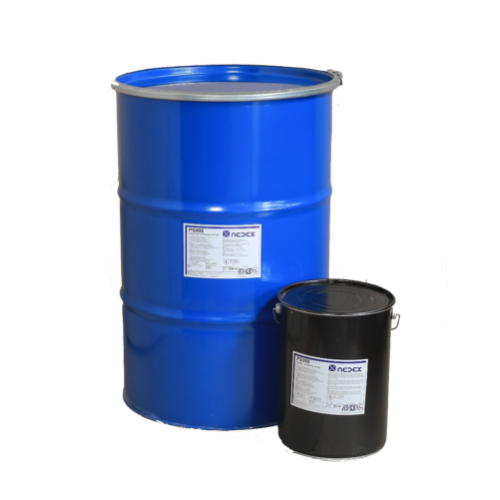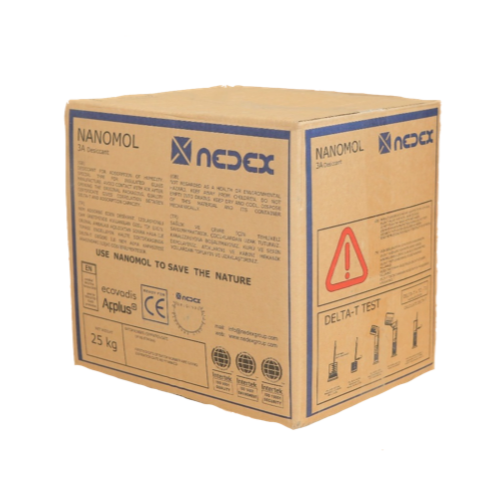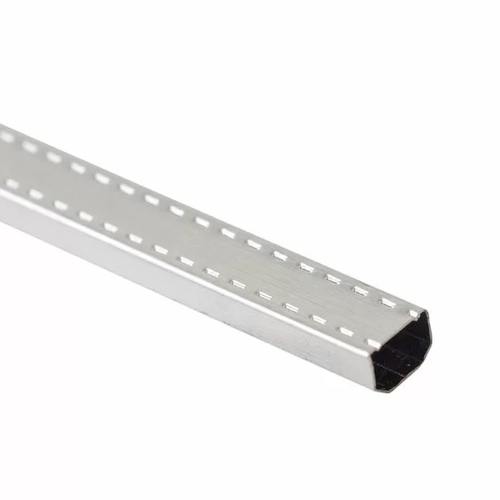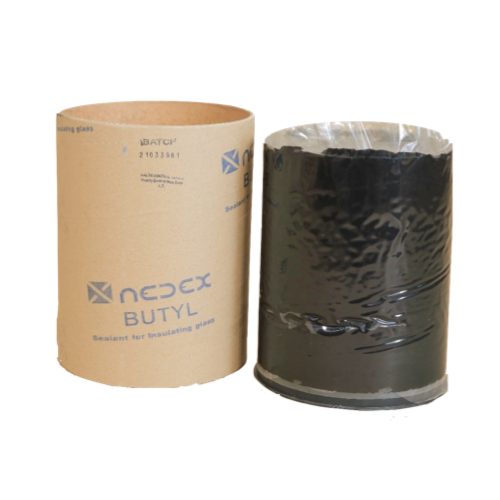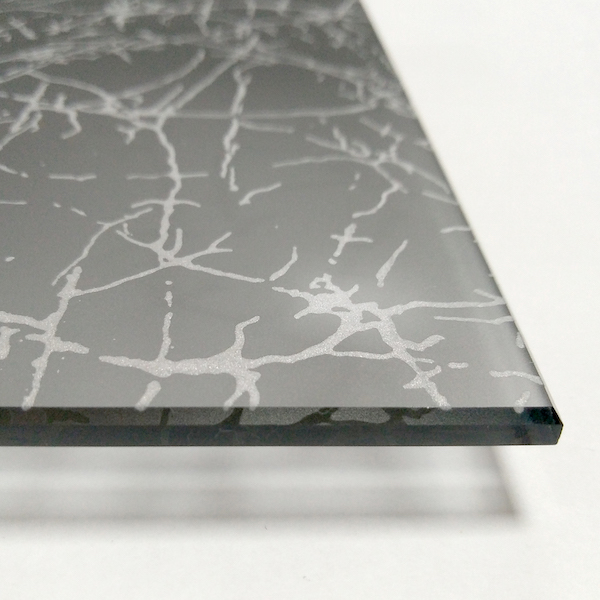Two-component polysulfide sealant (for manual use and for extruder) — it is also called Thiokol mastic. It is a two-component construction material designed for waterproofing of seams, joints, cracks and other joints formed in the process of construction and repair works of buildings, industrial and residential premises. The sealant is a two-component composition consisting of sealing (component A based on polysulfide oligomer) and curing (component B based on manganese dioxide) pastes. The NEDEX Eurasia plant, which is a joint venture between Galaksi Group and Nedex, produces sealants at plants in Almaty, Turkey, Ukraine, Russia and Germany.
The plant produces polysulfide-based sealant used for window glazing under the brands: Arcol (for manual use) and PS998 (for extruders). Nedex brand polysulfide sealant for insulating glass units is designed specifically for the climate of Kazakhstan. High quality of the product — raw materials from the most reliable world-class suppliers. Excellent sealant performance characteristics: adhesion, elasticity, durability. Simple and easy application, easy mixing, customer-friendly packaging 30+3 kg, 27+2.7 kg, 4.5+0.45 kg.

